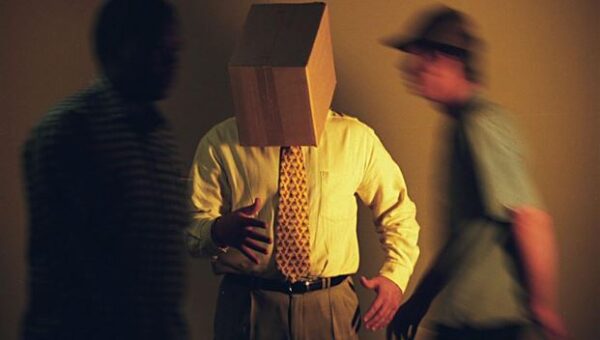They are a type of anxiety disorder. In the most severe cases, people with phobias critically limit their lives to avoid encountering what they fear.
Types of phobias
There are several types of phobias that impact people’s lives. Here are just a few of them:
Trypophobia
Trypophobia is an extreme fear of irregular patterns or clusters of small holes. People with this type of phobia can be triggered by honeycombs, strawberries etc.
Claustrophobia
Claustrophobic people are those who find it hard to be in small, confined spaces. People with claustrophobia avoid elevators or small rooms, and even find being in a space with no windows to be very frightening.
Glossophobia
Glossophobia people are those who are scared of speaking in front of a large crowd. Glossophobia people feel anxiety at the thought of having to speak, even in a more intimate setting, such as during a meeting at work.
Aquaphobia
Aquaphobia, fear of water, is one of the more varied types of phobia. It can range from a fear of large bodies of water, like oceans or deep lakes, to a fear of being wet.
Nyctophobia
Nyctophobia is an extreme fear of the dark. This phobia is very common among children, but can affect people of all ages. People with this specific anxiety disorder may have trouble sleeping, have panic attacks and may avoid leaving the house after dark.
Causes of Phobias
- Phobias can be caused by past incidents or traumas. Certain situations might have a lasting effect on how people feel about them
- Experiencing long-term stress can cause feelings of anxiety and depression
- Phobia can develop from factors from people’s early life
- Some people have a strong reaction, or a panic attack, in response to a situation or object
- Genetic factors.
Tips to overcome phobias
For specific phobias, treatment involves some kind of exposure to the thing you’re most afraid of.
- Self-exposure therapy. Talking with a mental health professional can help you manage your specific phobia
- Prescribed medicines can reduce the anxiety and panic symptoms
- Learning relaxation techniques can help with the mental and physical feelings of fear
- If you are religious or spiritual, faith or spirituality can give you a way of feeling connected to something bigger than yourself
- Support groups can help managing anxiety from asking other people who have experienced it.


